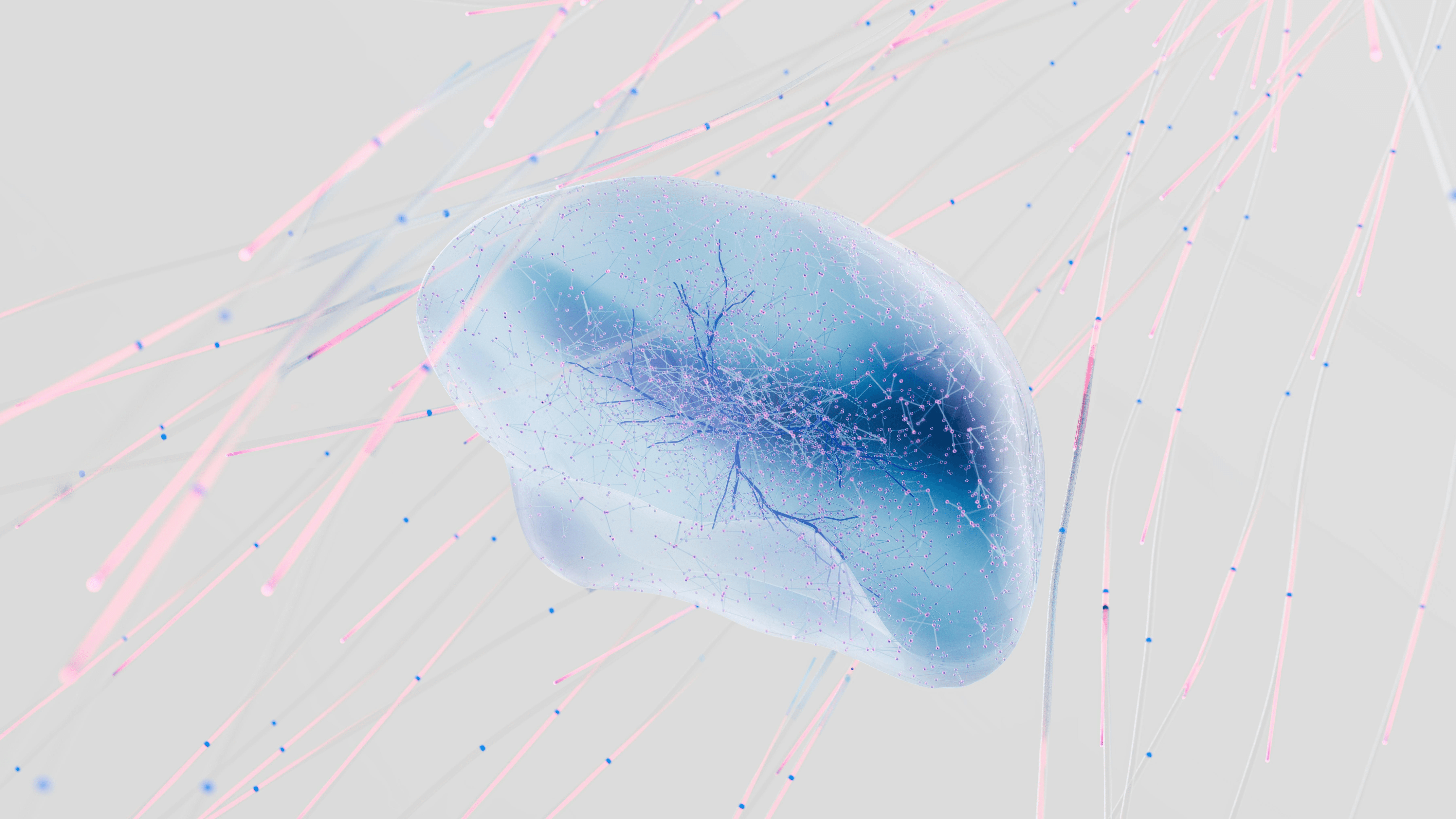The science of compassion: How kindness benefits our health

Being compassionate creates ripples that help you nurture a balanced, healthy life
In a world that often emphasizes individual achievement and competition, it’s easy to overlook the quiet power of compassion and kindness. Yet, these qualities do far more than enrich our interactions—they also have positive impacts on our health and well-being. Let’s explore the science behind these benefits and discover how cultivating kindness can enhance not only our relationships but also our mental and physical vitality, empowering us to live at our best.
What is compassion, anyway?
Compassion involves a deep sense of empathy that goes beyond a simple act of doing good. According to compassion researcher Jennifer Mascaro, PhD, genuine compassion includes “an awareness of another’s suffering, a benevolent emotional response to this suffering, and a desire or motivation to help relieve that suffering.” Compassion is about seeing someone else’s difficulty, feeling moved by it, and wanting to help—even if it's in small ways.
Kindness, a close companion to compassion, is when we choose to do something that helps others or ourselves, driven by warm, genuine feelings. Acts of kindness don’t have to be grand gestures; they can be as simple as holding the door for someone, giving up a seat on a bus, or checking in with a friend. Small acts like these, done with compassion, can create powerful ripples of positivity.
Examining the neuroscience of compassion
The human brain is remarkably responsive to acts of compassion, lighting up in areas associated with pleasure, empathy, and reward. When we experience or show kindness, the brain releases serotonin and dopamine, neurotransmitters that uplift mood and create a sense of calm. These neurochemical responses counteract stress hormones like cortisol, which is often elevated during tense or anxious moments.
According to mental health experts, compassionate behavior provides a buffer against stress, creating mental resilience that helps us manage everyday pressures. In fact, it produces effects similar to those of other well-being practices, such as mindfulness or meditation. Regularly engaging in acts of compassion essentially rewires the brain to promote relaxation and enhance our capacity for empathy and understanding, making kindness a simple, accessible way to improve our mental wellness over time.
Fostering better health through kindness
Surprisingly, acts of compassion toward others can affect our physical health. Studies show that engaging in compassionate acts has a measurable impact on cardiovascular health. Kindness can lower blood pressure and reduce chronic inflammation—both of which are linked to better heart health. This evidence suggests that when we are kind, we experience physiological responses that benefit our overall health.
Beyond physical benefits, the positive effects of compassion extend deeply into mental health, with kindness offering protective effects against anxiety and depression. Research has found that kindness-focused meditation techniques, such as loving-kindness meditation, can effectively reduce symptoms of depression and social anxiety. By fostering positive feelings toward oneself and others, these practices encourage self-compassion, essential for emotional resilience.
Compassion not only helps mitigate feelings of isolation but also strengthens social connections, which is critical for mental wellness. When kindness becomes a regular part of life, people often report greater levels of satisfaction and happiness, counteracting tendencies toward negative emotions. In this way, kindness becomes both a buffer and a building block for mental and emotional well-being.
How to build a habit of kindness
Incorporating kindness into your life can be transformative, not only for others but for your own well-being. But to enjoy the best outcomes, you must start by developing a regular habit of compassionate behavior. Here are some simple ways you can make kindness a part of your daily routine:
Start small: Think about the small actions you can start implementing today, like sending a heartfelt message or checking up on a friend. A little kindness can make someone’s day.
Plan for kindness: Set a goal to do one kind thing each day, whether for a stranger, a friend, or even yourself. Beginning each day with a question like, “How am I going to practice kindness today?” can focus your mind on positive actions.
Volunteer: Giving your time to a cause you care about can boost your sense of connection to others and strengthen community bonds. Look for local organizations or activities that interest you and offer a chance to give back.
Try mindfulness meditation: Spend a few minutes daily to focus on kindness towards yourself and others, and watch it boost compassionate feelings.
Practice gratitude: Reflecting on the good in your life can open your heart to others’ experiences and struggles, helping you respond with more empathy.
Remember that kindness isn't just for others; being kind to yourself is also essential. Practicing self-compassion, allowing yourself time to rest, and celebrating small personal achievements can make it easier to extend kindness to others, helping you build a sustainable habit of kindness that benefits everyone.
Small acts, big impact
Compassion and kindness are powerful forces that not only uplift others but also strengthen our own health and well-being. By practicing compassion—understanding and empathizing with others’ struggles—and incorporating small, intentional acts of kindness into our lives, we nurture a happier, more connected world around us.

